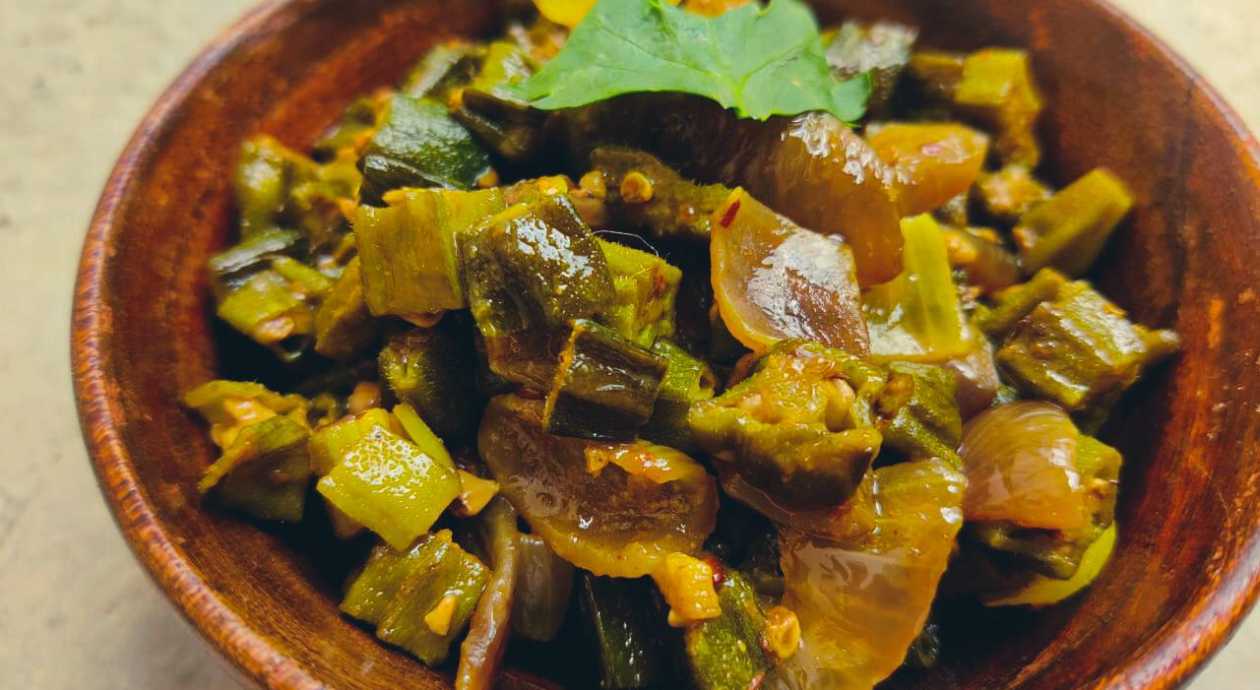
AYURVEDIC NUTRITIONAL FACTS
Rasa
Sweet
Guna
Raw okra – Heavy
Cooked Okra – Not very heavy
Virya
Cold
Vipaka
Sweet
Okra is a good source of Vitamin B6, Vitamin C, antioxidants, calcium, and folic acid. It helps to control blood sugar levels, strengthen bones, improve digestion, and support heart health. Also, being a good source of folic acid, it is beneficial to consume during pregnancy. So, eating bhindi sabzi can help you maintain your health and prevent various ailments.
Full Recipe in Details
Indian masala bhindi sabzi is a tasty recipe to try. I love to enjoy it with whole wheat chapati with the combination of homemade curd for my lunch. Adding some herbs and spices makes it perfect and delicious. You can also enjoy it with yellow moong dal on the side and chapati.
STARTING GUIDE
INGREDIENTS
GUIDE / INSTRUCTIONS
NOTES
In Ayurveda, bhindi (okra) comes under the category of cooling and moistening food. Here cooling does not relate to the physical temperature of the food; instead, it is related to the inherent properties of okra. Due to this, it is beneficial to eat during summers, especially for people dealing with issues like burning sensation or hyperacidity, observed mainly by Pitta people. On the other hand, it is also helpful to balance dryness, often seen in Vata people. Thus it is more beneficial for a Vata & Pitta person.
Each food has its specific property depending upon which it acts on our bodies differently. So, be wise with your food and always choose to eat what suits you better.
Everything in moderation is healthy for everyone. It is all about maintaining balance.
To make each recipe more suitable, we can make few changes according to our body type. Here are the simple changes you can make as per your body type:
Vata person – Add more ghee to your meal.
Pitta person – Avoid adding garam masala.
Kapha person – Consume in moderation.
Caution: If you do not belong to India and are not habitual to Indian recipes, do not add a lot of spices & avoid using mustard oil to your recipe. Sometimes, consuming many spices and mustard oil can cause digestive issues in people who are not habitual to these items. There is no harm in trying the Indian recipes for anyone who belongs to other countries, but it is always better for you to add fewer spices and oil if you are not accustomed to them.
Always prefer to eat your regional and seasonal food items and enjoy other region’s food items which you have never tried before in moderation only.
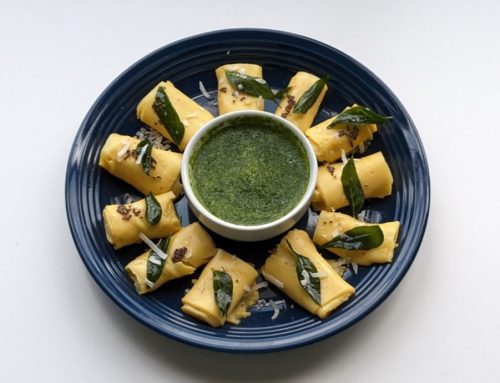
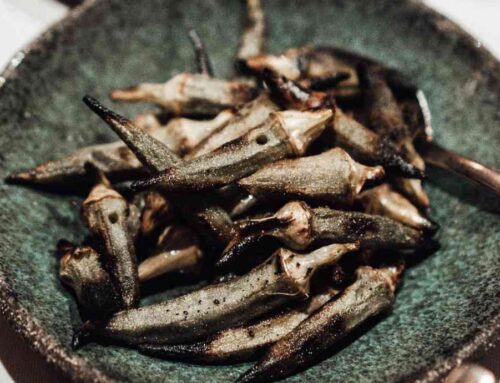
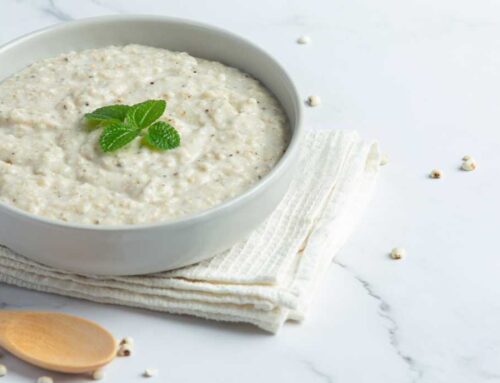

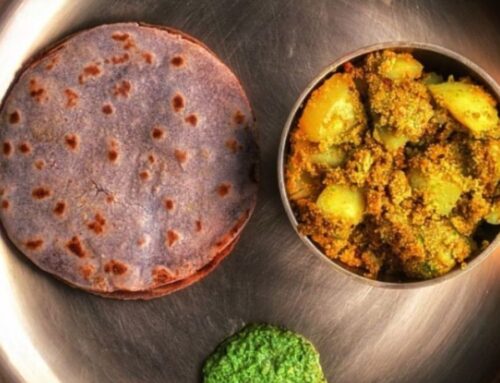

Leave A Comment